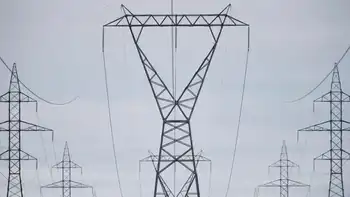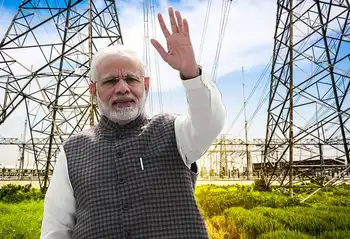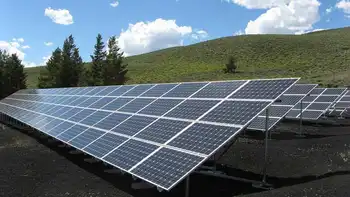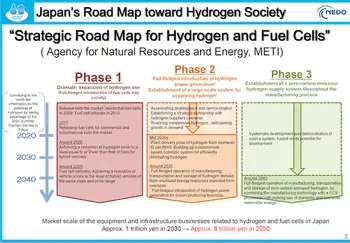Report urges Saskatchewan to build nuclear reactor
By Reuters
High Voltage Maintenance Training Online
Our customized live online or in‑person group training can be delivered to your staff at your location.

- Live Online
- 12 hours Instructor-led
- Group Training Available
The panel told the Saskatchewan government that a 3,000-megawatt nuclear power plant would meet the province's needs and offer export opportunities.
“We know there's strong demand,” said Richard Florizone, who chaired the provincially appointed panel.
The Saskatchewan government is planning a series of public meetings before deciding the province's next step in nuclear development.
Saskatchewan is the world's largest producer of natural uranium, accounting for more than one-fifth of global production. That's one of the reasons Western Canada is a great place for a reactor, said Armand Laferrere, a panel member and president of French mining giant Areva Canada.
“Western Canada has a long-term trend of economic growth... (and) it has a welcoming business atmosphere,” he said.
Bruce Power, owned by uranium producer Cameco Corp., pipeline company TransCanada Corp and BPC Generation Infrastructure Trust, is looking for a site in central Saskatchewan to build a 1,000-megawatt reactor, although it would need government approvals and upgraded energy transmission lines.
Bruce Power currently operates Ontario's Bruce nuclear generating plant on Lake Huron, northwest of Toronto.
Cameco president and Chief Executive Jerry Grandey, a member of the panel, said the recession has not made new reactors less viable because they take years to plan, license and build.
“If it's competitive, and that will depend on carbon prices and gas prices and everything else, and it goes through that public consultation process, we're more than happy to engage in conversation with the government about building a plant here,” Grandey said, referring to the Bruce Power plan.
“Hopefully we're well out of the recession by the time government approvals come.”
The earliest that construction could begin on a Saskatchewan plant would be five years from now, said Ken Cheveldayoff, the government's minister publicly owned corporations.
The right-leaning Saskatchewan Party government, led by Premier Brad Wall, has pushed for further nuclear development to create more revenues and jobs from the province's rich northern uranium reserves.
In recent years, resource-rich Saskatchewan prospered as prices for oil and potash rose. Public attention is now turning to uranium development.
Just recently, the left-leaning opposition New Democratic Party supported a government motion to consider nuclear development, including power generation.
Saskatchewan, which consumes 3,600 MW annually, must generate another 1,200 to 1,750 MW for domestic use by 2020, the report said, due to growing demand and the need to decommission some coal plants. The nuclear plant's 3,000 MW would be enough to power more than 2 million homes.
New demand comes from a growing population, the expanding potash industry and other industrial developments such as two canola-crushing plants, Cheveldayoff said.
“We're seeing faster growth than we've ever seen before,” he said.
The neighboring province of Alberta, which is also considering construction of a nuclear power plant, may need between 4,000 and 5,000 MW more by 2020 and presents a potential market for a Saskatchewan reactor, the report said.
Moving power out of the province would require a major upgrade of transmission lines, estimated to cost $1 billion. The Saskatchewan government wants any nuclear plant to be owned and operated by private companies, Cheveldayoff said.











